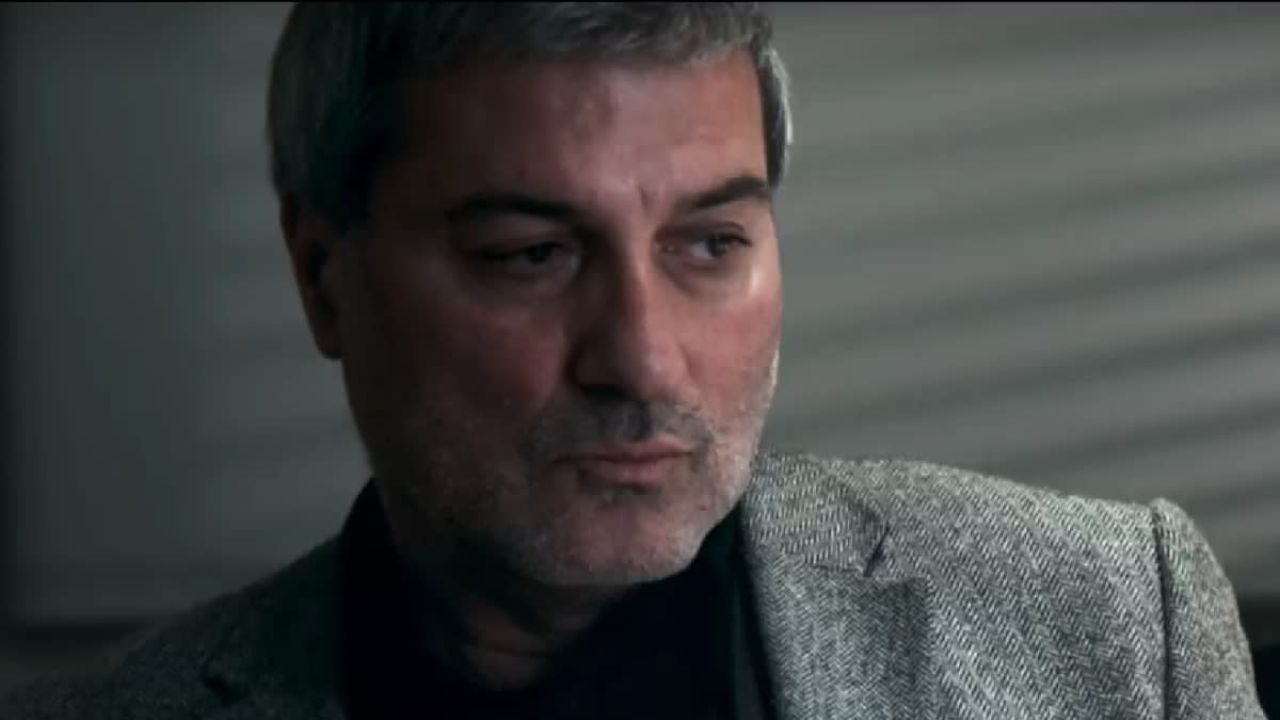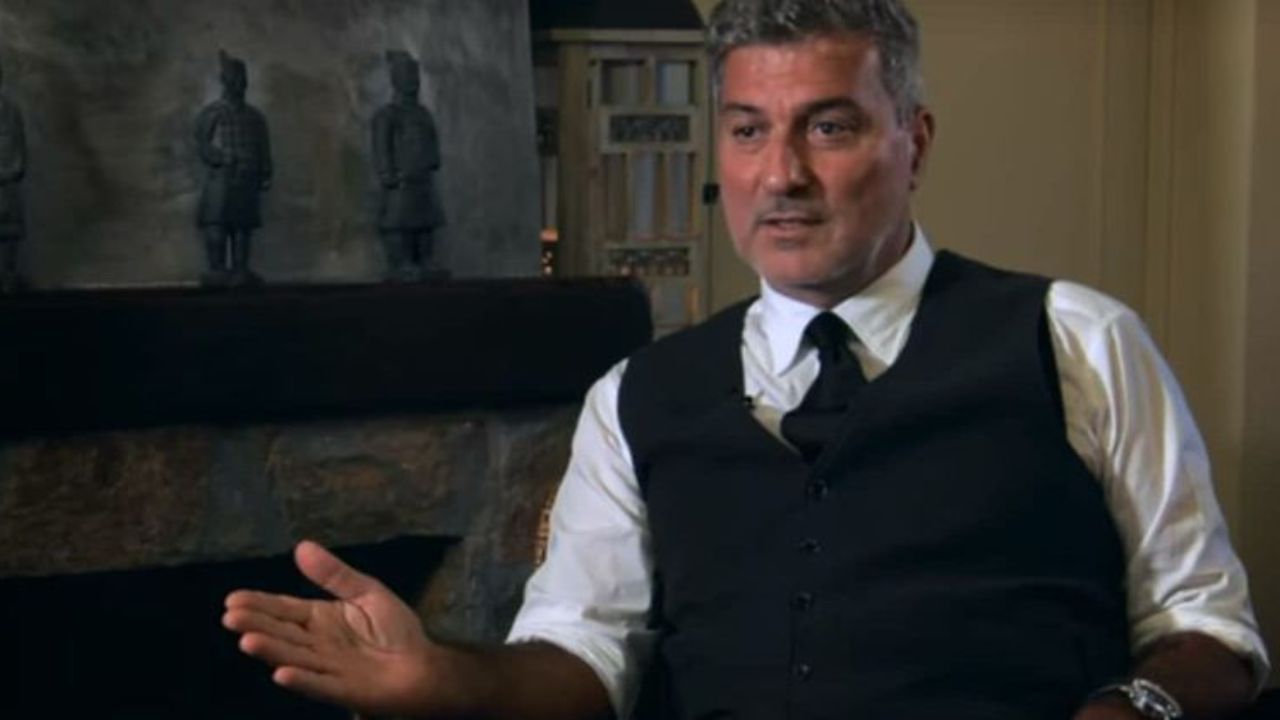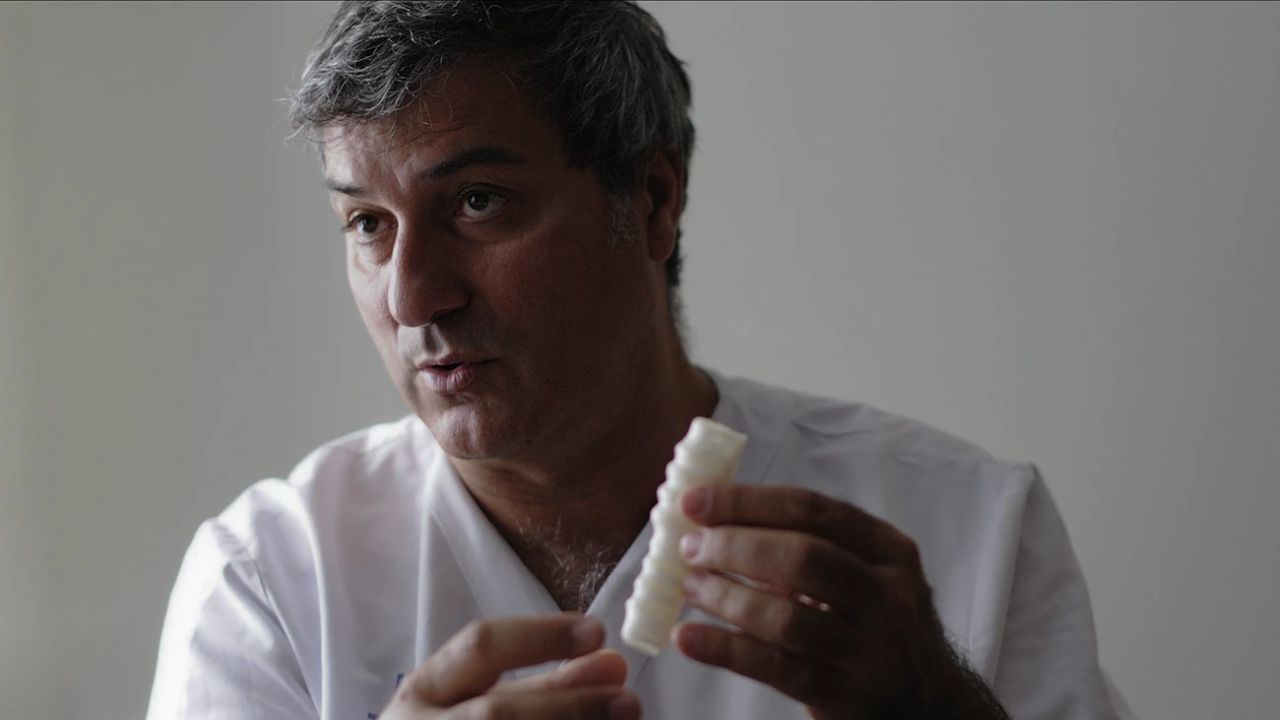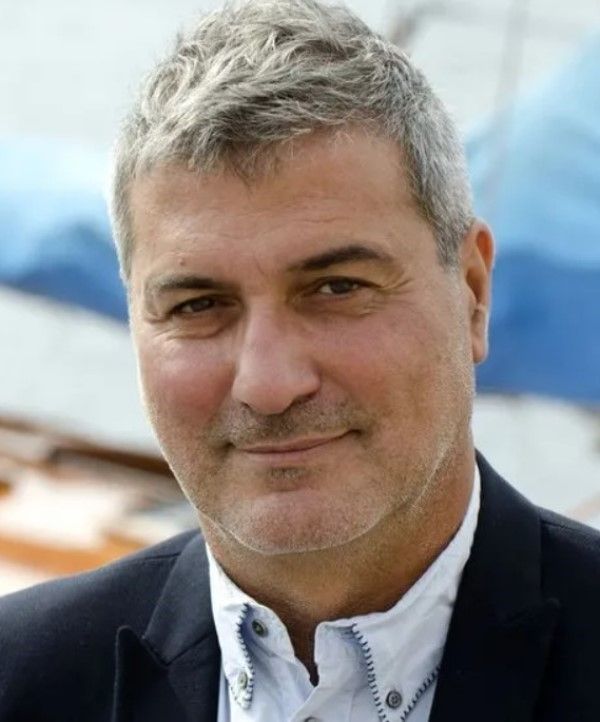When it comes to groundbreaking medical advancements, Paolo Macchiarini's name is often mentioned in the same breath as innovation and controversy. His work in regenerative medicine has reshaped the landscape of organ transplantation, but his journey also brings to light ethical dilemmas that cannot be ignored. Among the many facets of his career, the story of Paolo Macchiarini children takes center stage, offering a glimpse into how his research has impacted lives on a deeply personal level. This isn't just about science; it's about people and the future of medicine. So, let's dive in and uncover the layers of this intricate story.
Paolo Macchiarini children are at the heart of a medical narrative that blurs the lines between success and scrutiny. As one of the pioneers in artificial trachea transplantation, Macchiarini's work has saved lives, including those of children who faced grim prognoses. However, the journey is far from simple. The complexities of his methods and the outcomes have sparked debates worldwide. This article will explore the impact of his work on children and the broader implications for regenerative medicine.
Our goal here is to provide a balanced view—highlighting both the achievements and controversies surrounding Paolo Macchiarini's contributions to pediatric medicine. Whether you're a parent seeking answers, a medical professional curious about advancements, or simply someone fascinated by the intersection of science and ethics, this article aims to deliver value and insight. Let's get started!
Read also:Duncan Tellef Butler Iii The Dallas Trailblazer You Need To Know
Table of Contents
- Biography of Paolo Macchiarini
- Paolo Macchiarini Children: Who Are They?
- Innovations in Regenerative Medicine
- Success Stories: Transforming Lives
- Challenges Faced in Pediatric Cases
- Ethical Considerations in Medical Trials
- The Broader Impact on Medicine
- The Future of Artificial Organs
- Criticism and Controversy Surrounding Macchiarini
- Conclusion: A Look Ahead
Biography of Paolo Macchiarini
Early Life and Career
Before diving into the world of Paolo Macchiarini children, it's essential to understand the man behind the science. Born in Italy, Paolo Macchiarini pursued a career in medicine with an unrelenting passion for innovation. After completing his medical education, he dedicated his life to researching ways to revolutionize organ transplantation. His early work focused on tissue engineering, which laid the foundation for his later achievements in regenerative medicine.
Macchiarini's career took a dramatic turn when he began experimenting with artificial trachea transplantation. His pioneering efforts opened doors to possibilities that were once thought impossible. Yet, his journey was not without challenges, as we'll explore in greater detail later.
Paolo Macchiarini Children: Who Are They?
Paolo Macchiarini children refer to the young patients who have undergone artificial trachea transplantation under his supervision. These children represent the hope and promise of regenerative medicine but also highlight the ethical dilemmas inherent in experimental treatments. Each child's story is unique, offering a window into the complexities of medical innovation.
Key Cases and Outcomes
One of the most notable cases involved a young girl who received an artificial trachea, saving her life and allowing her to live a relatively normal childhood. While successes like these are celebrated, they are accompanied by setbacks and complications that raise questions about the long-term viability of such procedures.
- Case 1: A 10-year-old boy in Europe who received an artificial trachea after being diagnosed with a life-threatening condition.
- Case 2: A 5-year-old girl in Asia whose treatment became a focal point for global discussions on medical ethics.
- Case 3: A 7-year-old child in the U.S. who faced complications post-surgery, prompting further research into safety protocols.
Innovations in Regenerative Medicine
Paolo Macchiarini's work in regenerative medicine has been nothing short of revolutionary. By combining cutting-edge technology with traditional medical practices, he has pushed the boundaries of what is possible in organ transplantation. The development of artificial tracheas using a patient's own stem cells has opened new avenues for treating respiratory conditions.
How It Works
The process involves creating a scaffold from a donor trachea or synthetic materials, which is then coated with the patient's stem cells. This approach minimizes the risk of rejection and offers a more personalized solution for each individual. While the concept is simple in theory, its execution requires meticulous planning and execution.
Read also:Georges Stpierres Partner In 2024 The Story Behind The Relationship
Success Stories: Transforming Lives
For many families, Paolo Macchiarini's work has been a lifeline. Children who were once confined to hospital beds are now able to lead active, fulfilling lives. These success stories serve as a testament to the potential of regenerative medicine and inspire hope for future advancements.
Stories of Hope
One family shared their journey of how their child, once on the brink of death, regained the ability to breathe independently after receiving an artificial trachea. Such stories highlight the transformative power of medical innovation and underscore the importance of continued research in this field.
Challenges Faced in Pediatric Cases
Despite the successes, the road to effective treatment is fraught with challenges. Pediatric cases, in particular, present unique difficulties due to the delicate nature of young patients' bodies. Ensuring the safety and efficacy of procedures for children requires rigorous testing and ongoing monitoring.
Common Challenges
- Immature immune systems in children can complicate the transplantation process.
- Long-term effects of artificial organ transplantation remain uncertain.
- Ethical considerations surrounding experimental treatments on minors.
Ethical Considerations in Medical Trials
The ethical implications of Paolo Macchiarini's work cannot be overlooked. Conducting trials on children raises important questions about informed consent, risk assessment, and the balance between innovation and safety. Critics argue that the rush to implement new technologies may compromise patient welfare, while supporters emphasize the urgent need for breakthroughs in pediatric care.
Key Ethical Dilemmas
One of the primary concerns is whether the benefits of experimental treatments outweigh the risks, especially when dealing with vulnerable populations like children. Ensuring transparency and accountability in clinical trials is crucial to maintaining public trust and advancing medical research responsibly.
The Broader Impact on Medicine
Paolo Macchiarini's contributions have left an indelible mark on the field of medicine. His work has inspired countless researchers and clinicians to explore new possibilities in regenerative medicine. While controversy surrounds his methods, there is no denying the impact of his discoveries on the global medical community.
Advancing the Field
By pushing the boundaries of what is possible, Macchiarini has paved the way for future innovations in organ transplantation. His efforts have sparked discussions about the ethical and practical implications of using artificial organs, encouraging a more holistic approach to medical advancements.
The Future of Artificial Organs
As technology continues to evolve, the future of artificial organs looks promising. Researchers are exploring new materials and techniques to improve the safety and effectiveness of artificial tracheas and other organs. The lessons learned from Paolo Macchiarini's work will undoubtedly shape the direction of this rapidly advancing field.
Innovations on the Horizon
Advancements in 3D printing, nanotechnology, and genetic engineering are opening new doors for organ replacement. These developments hold the potential to revolutionize healthcare and provide life-saving solutions for countless individuals, including children.
Criticism and Controversy Surrounding Macchiarini
No discussion about Paolo Macchiarini would be complete without addressing the controversies that have shadowed his career. Critics argue that his methods lack sufficient evidence and raise concerns about patient safety. Investigations into his practices have led to questions about the validity of his claims and the integrity of his research.
Addressing Criticism
While some view Macchiarini as a visionary, others see him as a cautionary tale about the dangers of prioritizing innovation over caution. Balancing ambition with responsibility is a delicate task, and the medical community must navigate these waters carefully to ensure the well-being of all patients.
Conclusion: A Look Ahead
In conclusion, the story of Paolo Macchiarini children is a testament to the power of medical innovation and the complexities of ethical decision-making. While his work has undeniably transformed lives, it has also sparked important conversations about the future of regenerative medicine. As we move forward, it is crucial to learn from both the successes and failures of pioneers like Macchiarini.
We encourage readers to share their thoughts and experiences in the comments below. Your input helps foster a more informed and engaged community. Additionally, don't forget to explore other articles on our site for more insights into the world of medicine and beyond. Together, we can continue to push the boundaries of knowledge and understanding.



